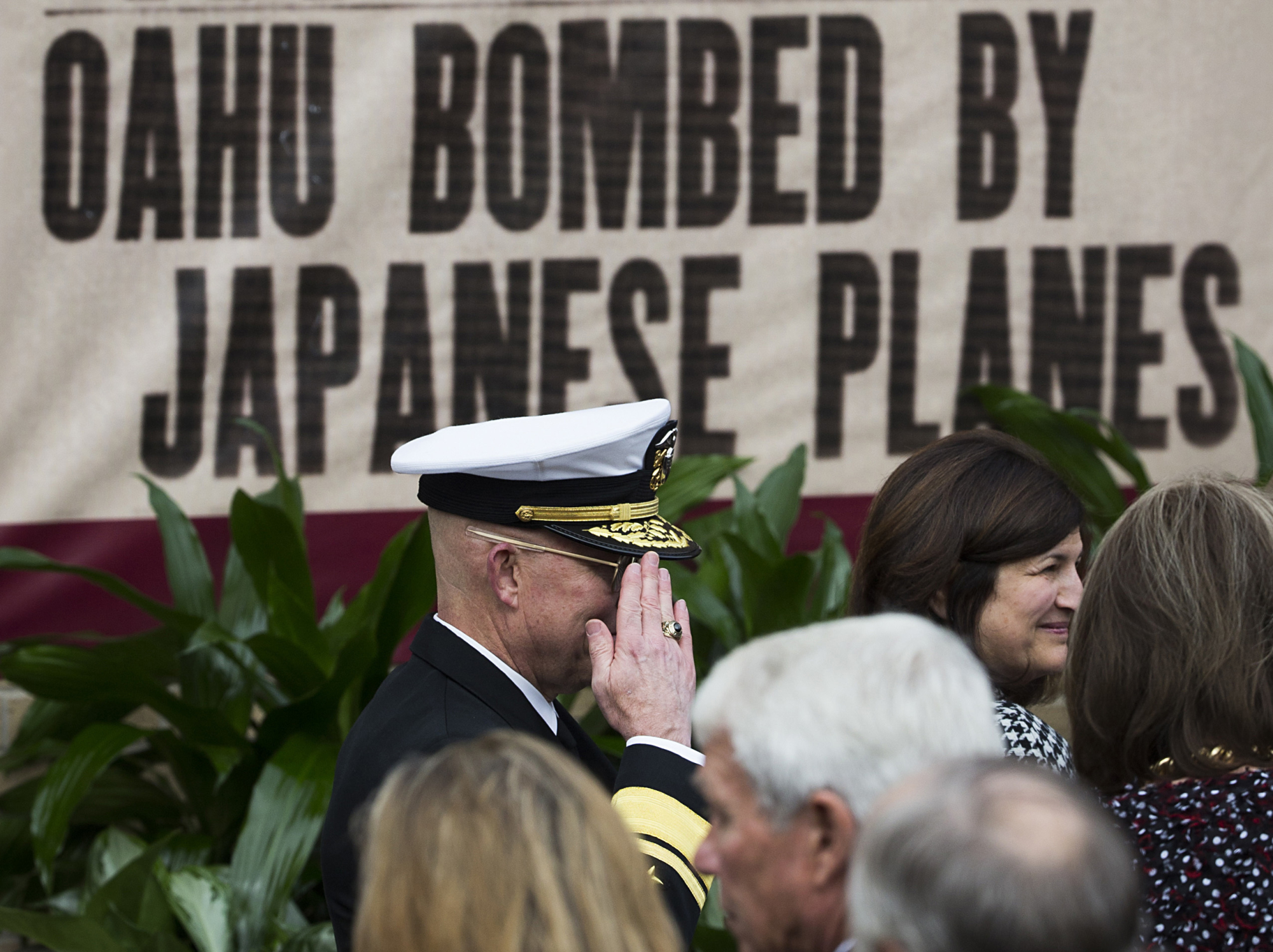In the American lexicon, "Pearl Harbor" is synonymous with treachery and betrayal. In the wake of the 9/11 attacks on the World Trade Center, pundits invoked the term in ways that have taken many Japanese aback, surprised that the old associations linger and uncomfortable with the wartime incident being compared to a terrorist act.
This week Prime Minister Shinzo Abe will visit Pearl Harbor in a gesture of contrition that will reciprocate President Barack Obama's visit to Hiroshima. Like Obama he will not apologize. The symbolism of Japan's leader returning to the "scene of the crime" may help heal the wounds of the shared past between nations that have become close allies, but can Abe put the demons to rest?
It's the right message, but Abe is a deeply flawed messenger. Obama's act of contrition conveyed sincerity and remorse because his anti-nuclear weapons stance endowed him with credibility at Hiroshima even if he hasn't achieved much in that domain.

















With your current subscription plan you can comment on stories. However, before writing your first comment, please create a display name in the Profile section of your subscriber account page.